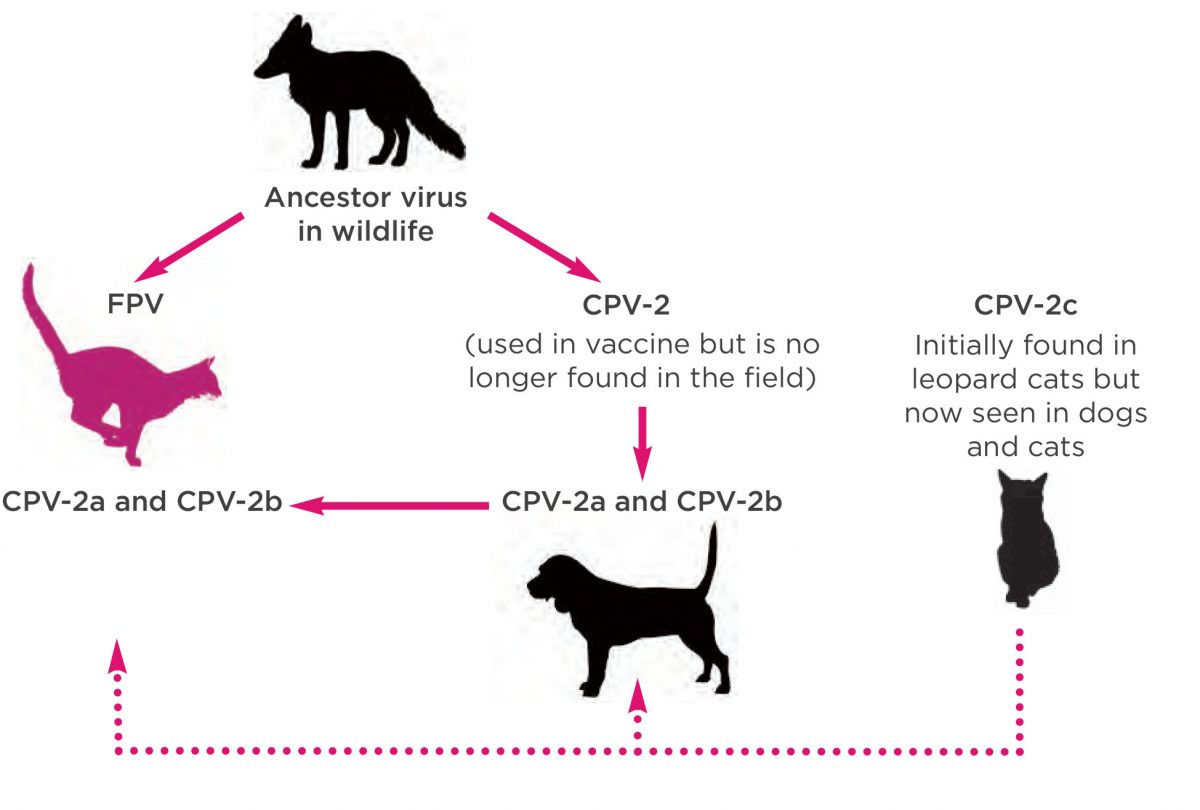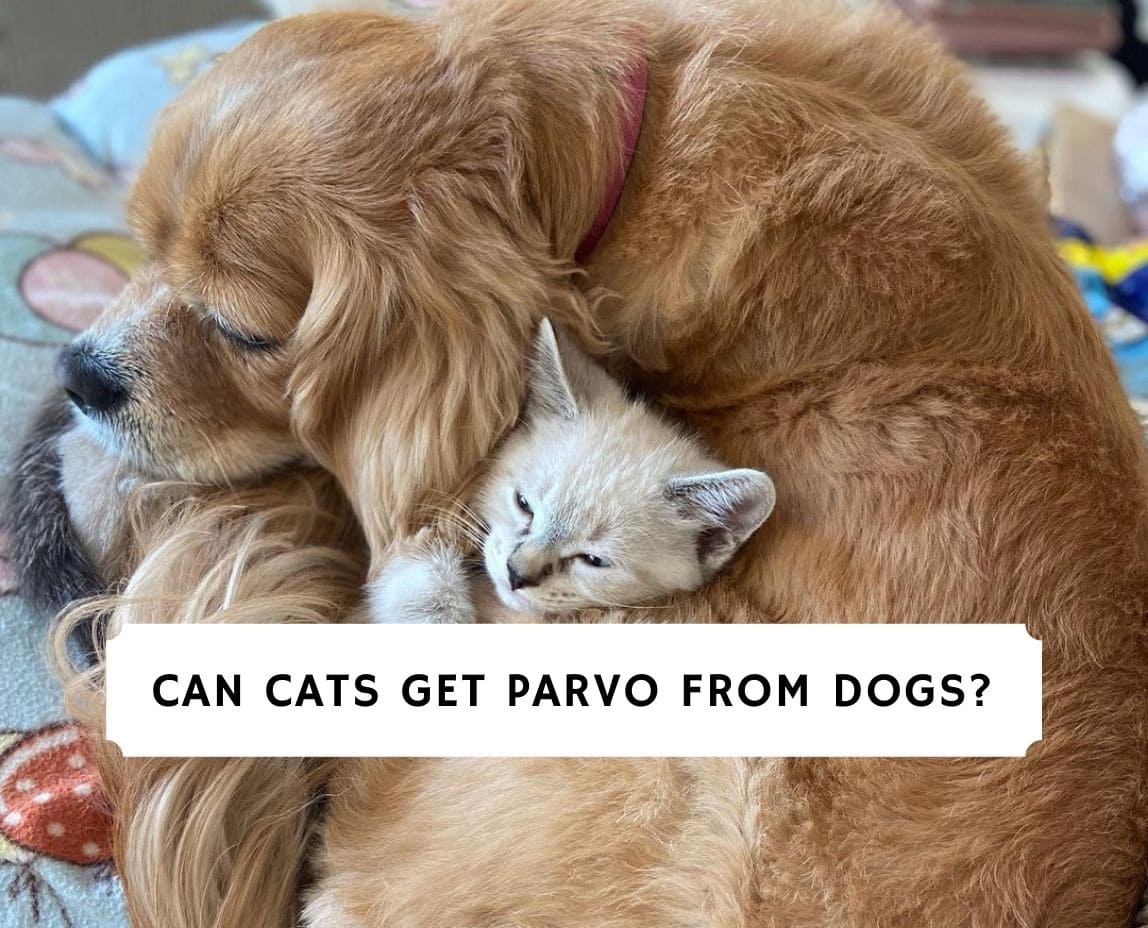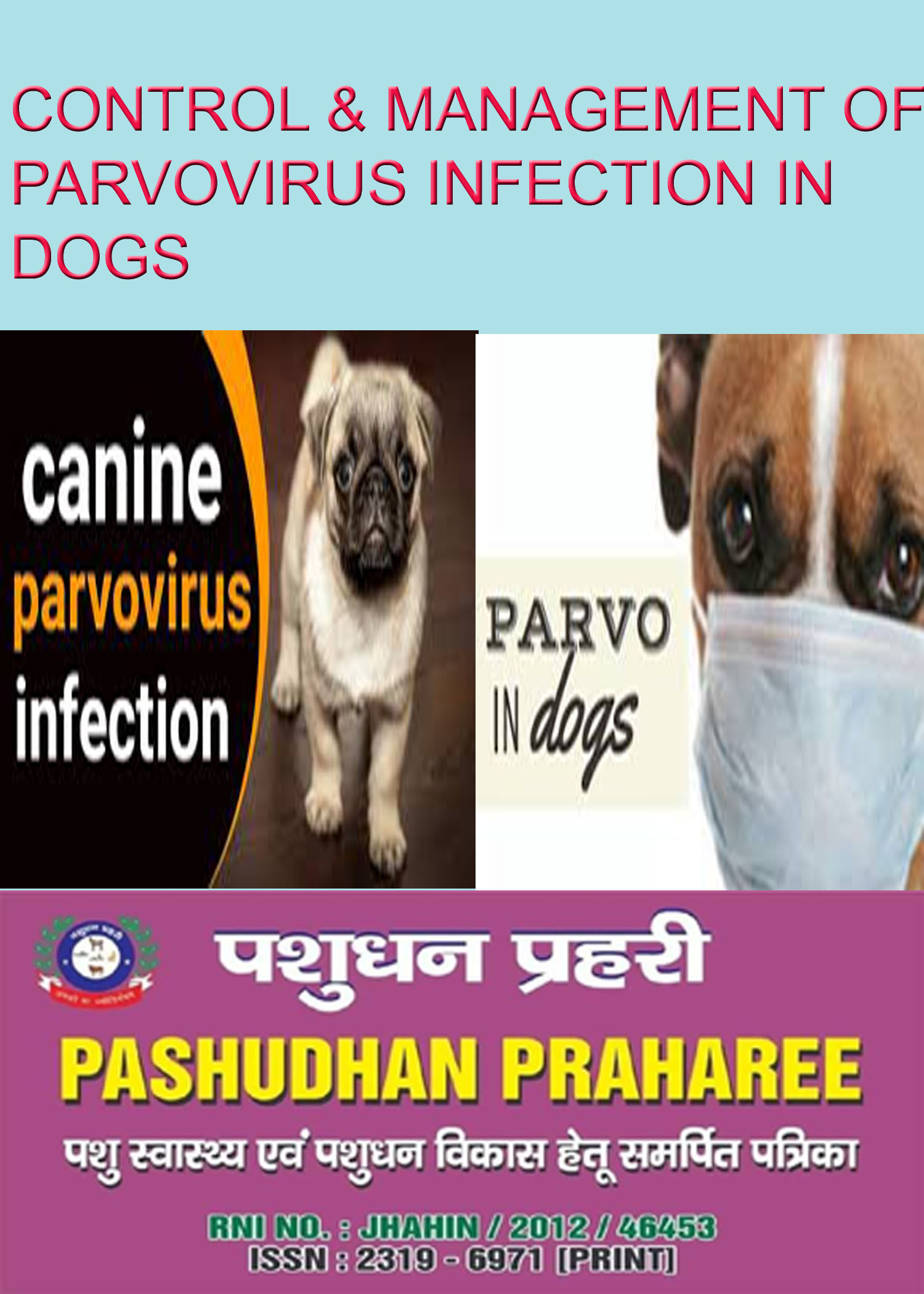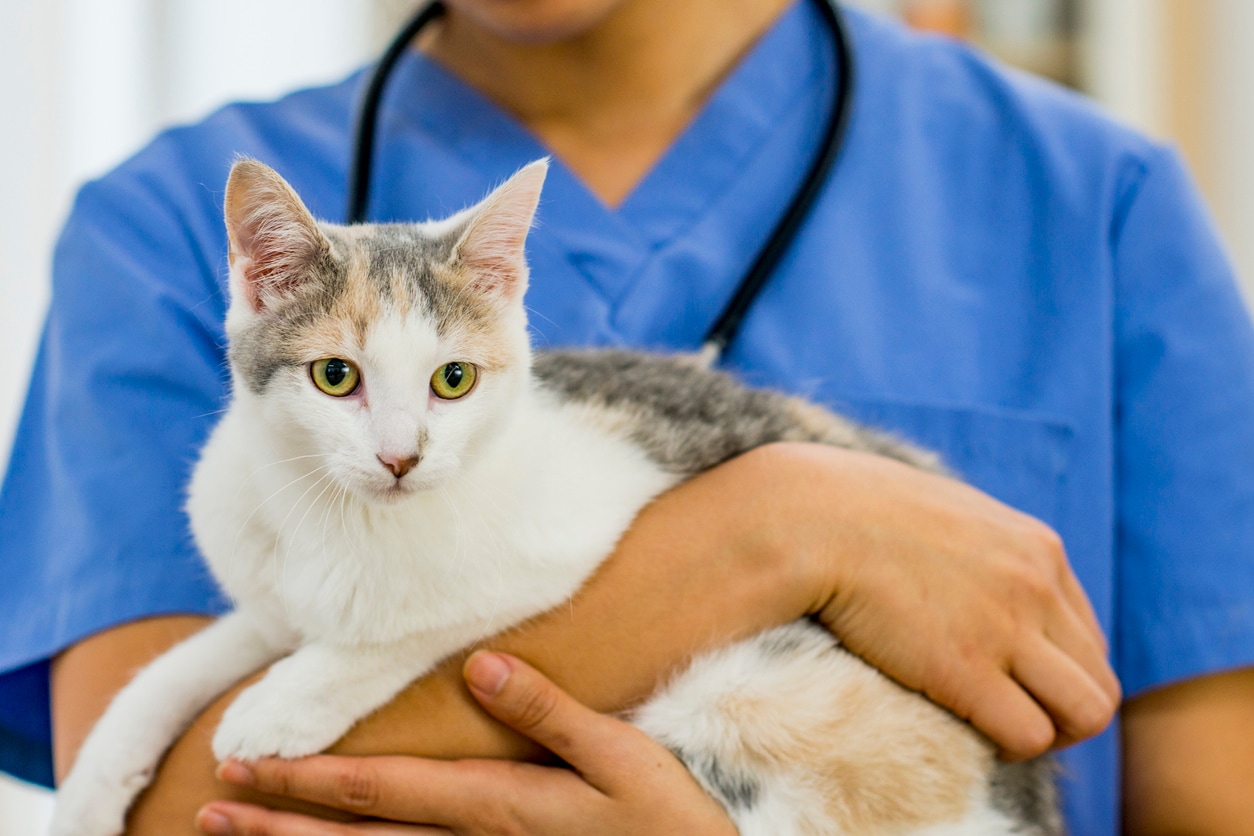Can Cats Get Parvo Like Dogs

Since parvovirus B19 only infects humans a person cannot get the virus from a dog or cat.
Can cats get parvo like dogs. Parvo in dogs and cats are different in the strain of virus with dogs having the potential to be exposed to two separate strains CPV-1 and CPV-2. So feline parvovirus can not cause parvo in dogs. Most cats catch the virus through infected areas rather than from other infected cats as the virus can survive up to a year in the environment.
According to a 2012 study of canine parvovirus in asymptomatic feline carriers researchers found that is parvo is contagious from dogs to cats and vice versa. Also dogs and cats cannot get parvovirus B19 from an infected person. It is essential to diagnose it as early as possible in order to fight against it.
An unprotected dog can get Parvo by coming into contact with the actual virus. Pets can be vaccinated to protect them from parvovirus. They can also get it from contact with an infected cats urine feces and nose secretions.
It is possible for cats to get parvo from dogs. However it is considered rare for a cat to actually get Canine Parvovirus from a dog but studies have shown that it is possible. Humans can suffer from Parvovirus just like canines can.
Parvoviruses do primarily affect kittens and puppies but cats and dogs of any age can be affected if they are unvaccinated or havent previously been exposed. It spreads through respiratory secretions as well as with contact. However there are some studies that have shown that a mutated strain of the canine parvovirus CPV can in fact infect cats.
Canine parvo is contagious and can. Parvovirus vaccine protocols vary depending on the vaccine and veterinarian but usually puppies receive their first parvo vaccine at 6 to 8 weeks old then every four weeks until 16 weeks old Dr. What is widely known though is that the actual parvo virus is specific to dogs.



















